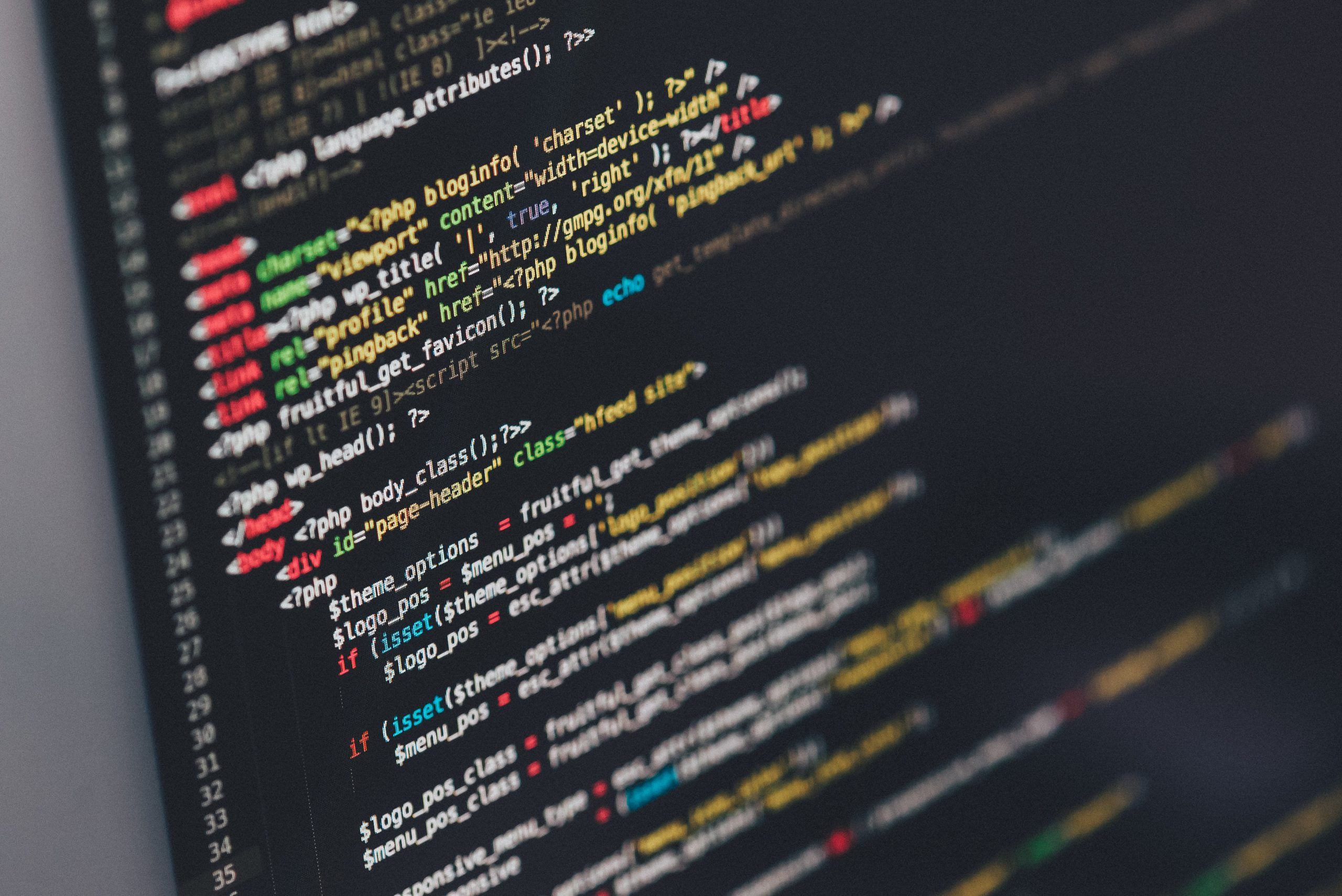The fear-based rumor that machines and robots will take jobs has been spread since the 1960s. Artificial Intelligence (AI) may sound like something for technologists to deal with, but there is growing evidence it has implications for all areas of business, especially HR — and it’s already happening.
As someone who develops products for HR teams, I like to stay on top of how progressive organizations are utilizing technology, specifically machine learning and AI for that reason. So I attended The Future of Work at Dolby Laboratories to learn more about what’s happening in the ecosystem. Below are some key takeaways that will help Human Resources teams strategically embrace AI.
SEE ALSO: Why HR Is Obsessed With Employee Performance Check-Ins
What is AI?
AI is the intelligence displayed by machines, specifically through machine learning and algorithms, that leads to behavioral patterns. For example, that moment when you’re texting on a phone and you type, “corre” and it guesses “correlation.” That guess from your phone is based on behavioral patterns you have made while texting and the statistical chances someone would use the word depending on the previous words in the sentence. AI has been around much longer than most realize (1964 natural language processing was innovated); however, its fruition is prompting the need to be utilized in workplaces more than ever, but not to replace jobs, but to change them.
[bctt tweet=”AI is the intelligence displayed by machines that leads to behavioral patterns.” username=”reflektive”]
That’s right – what the Dolby panel revealed is that jobs aren’t going to go away, they will evolve. The same way that software has changed and has subsequently created a billion dollar industry.
How Will AI Change HR?
Here are some predictions and current practices by companies:
Value-Oriented Recruiting
Agile methodologies were made famous by car manufacturing then spread to software development and now it is a methodology utilized by HR departments across the globe. Specifically, AI is catalyzing the adoption of AI in recruiting.
Recruiting will be less title/job specific and more value oriented.
Amber Grewal, VP Global Talent Acquisition at IBM, explained that recruiters now are focusing more on how to extract the most crucial jobs in the business, and focusing on utilizing data to assist in talent sourcing. With the help of Watson, IBM recruitment is able to match people to more accurate jobs. Grewal described that AI (Watson specifically) has helped applicants and recruiters alike find more accurate placements based on skills rather than antiquated approaches like, “years of experience” and “specific education levels.” Essentially, recruiting will be less title/job specific and more values oriented.
With the advancement of Watson, the transactional tasks are being supported by machines: generating emails, more inclusive job description curations and predictions of attrition and demand. This has led recruiters at IBM to concentrate on being more thoughtful on higher-level strategy, coaching the business in thinking more broadly on how to set parameters on roles, and coupled with the data they collect they have cases for innovating historical practices (e.g. creating lengthy recommendations and driving a linear process).
Create More Inclusive Organizations
Diversity and inclusion is more important than ever – as science is proving more and more that it is crucial for innovation and business success. More importantly, diversity and inclusion is key for a more advanced and global world.
But the task of scaling businesses to be diverse and inclusive is often held back by historical assessments that do not look at hidden and crucial data such as: lexicon and language analysis, behavioral patterns and promotion data. With the help of machine learning algorithms, we can get closer to uncovering areas of weaknesses in business where inequality exists in hiring, promotion and review time through predictions based on historical data.
HR only has as much insight as it can gather
HR only has as much insight as it can gather, but with the help of AI, HR can become more strategic in seeing macro views of behavioral patterns, to drive change in the most needed parts of an organization.
Prove that Emotions Aren’t Fuzzy or Soft
You’ve heard it before and I can predict, you’ll hear it again: HR is filled with people who love people, but don’t understand numbers. Well, that mentality is disbanding in the realm of HR.
Paul Baldassari, the CHRO of Flex explained, with the combined use of AI, machine learning and data analysis, HR has the power of a social science laboratory. Essentially, HR can understand why employees make the decisions they do and help identify a solution for the bottleneck of the intellectual workforce, “its people.” The data that stems from behavioral analysis can help inform businesses in a way that no other tool or resource can currently. Now, with work being predominantly intellectual, HR can be one of the most influential components of the business.
Furthermore, Linda Rogers, the SVP of HR at Dolby championed that data is so much more than the hard stuff, data can unveil the power of company culture. Good practices and a healthy culture will reflect in the numbers–utilize that data to show that HR is a vital component of the business’s success. HR is all about the numbers now and what it reveals is that culture can cost and culture can save.
Where Do We Go From Here With AI?
Use data to uncover your business’s cultural patterns.
- Start investing in HR tools and software systems that evaluate your people in ways that align with social science because without behavioral analysis, we will never have predictive analytics.
- Start investing in your HR team to start innovating processes based on how they add value to the business. Utilize agile methodologies to remain nimble and ready for the future of work.
- Use data to uncover cultural patterns – culture is key and it is now measurable through behavior.
